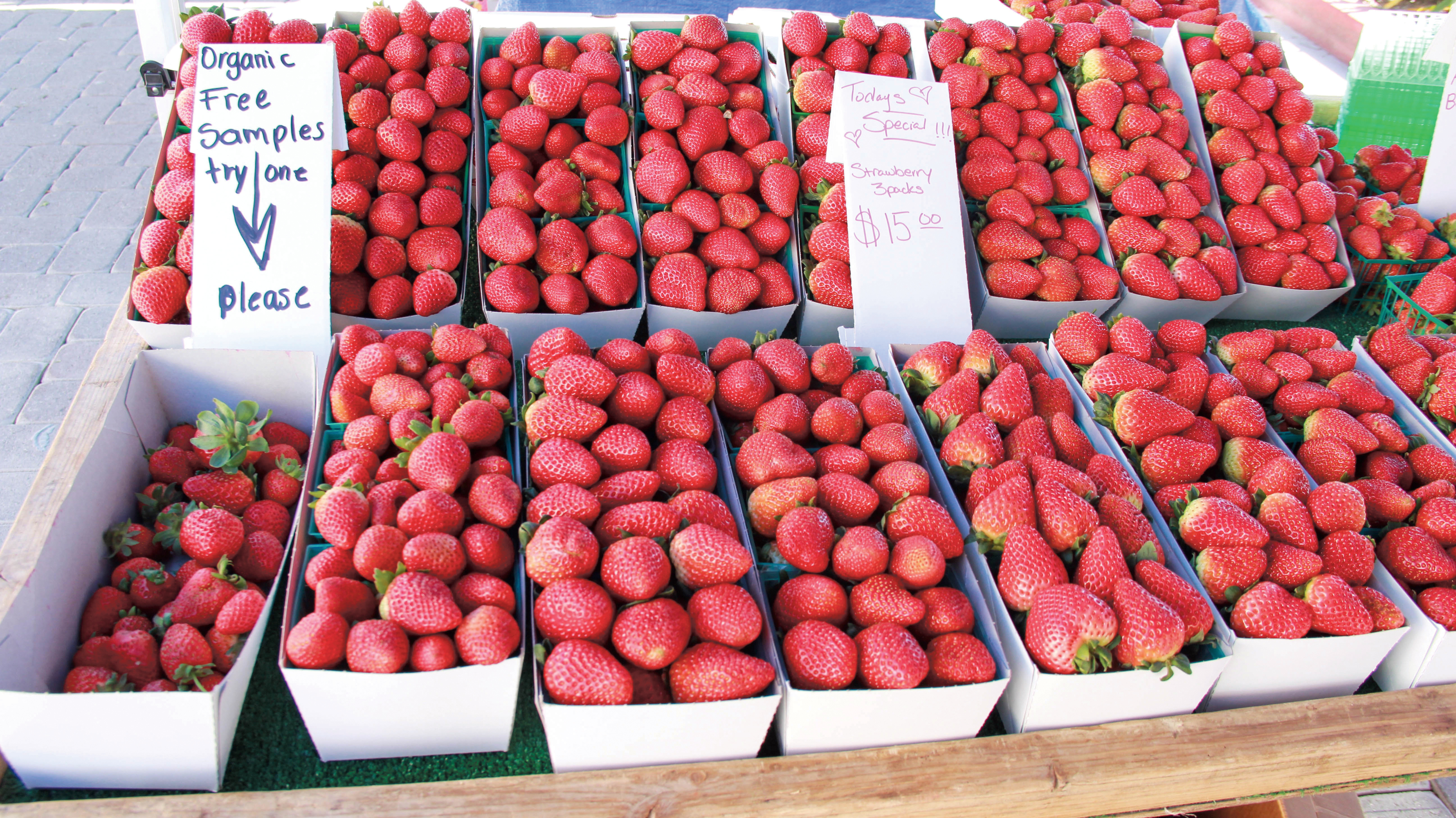Monica Itxy Quintanilla
What does it mean to be a college student in this day and age? To many, it’s student loans, instant ramen and surviving off of a few hours of sleep and unholy amounts of coffee. The broke college student lifestyle is far from atypical, yet this casual label reveals a harsh reality in terms of health. Aside from the stress stemming from exams, papers, extracurriculars, jobs, finances and more, food insecurity has grown to become a dangerous issue for college students nationwide. With the cost of tuition, housing, and living expenses rapidly increasing, the concept of students skipping meals to make ends meet has become far too standard. Students are often prioritizing their education above mental and physical health, but at what expense?
In an attempt to tackle this concern, the University of California Global Food Initiative (UCGFI) allocated $75,000 to each UC campus in order to address food security and help students receive proper nutrition. The UC Santa Barbara Food Security Working Group, a campus-based subdivision of UCGFI, utilized this grant to create the Food Nutrition and Basic Skills Program. “The program was developed to address food insecurity by educating students on issues like budgeting, shopping for food, preparing inexpensive and healthy meals,” Mike Miller, leader of the UCSB based working group and director of UCSB’s Office of Financial Aid and Scholarships, said. “In addition to these resources, the program also aims to raise awareness on sustainability and knowledge of the food source.”
Each week, the program offers various workshops focusing on topics such as creating shopping lists, cooking balanced and nutritious meals, understanding the relationship between the world and the consumption of food and managing debt. Other classes include recipe planning, Financial Aid Literacy, Shopping on a CalFresh budget at the IV Food Co-Op and Food Justice. Upon completion of a workshop in each track — which includes Kitchen Basics, Connecting to your Food, Budgeting and Planning and Cooking and Nutrition — students will receive a free kitchen start-up kit.

The program was developed as a response to the lack of knowledge students have regarding food in the university environment. The Program’s mission states, “Without these skills students may become food insecure, skipping meals and eating poorly for the sake of cost or convenience.” Thus, several concerned community members and organizations collaborated to help conceive the program’s curriculum. Among these are UCSB Sustainability, UCSB Health & Wellness, Isla Vista Food Co-Op, Student Health, Environmental Affairs Board, Isla Vista Tenants Union, Office of Financial Aid & Scholarships, Santa Barbara Student Housing Co-Operative and others.
“The bottom line,” Miller said, “is that the Food Nutrition and Basic Skills Program will give the UCSB community the tools they need to live healthy lives while they are here at UCSB and well beyond. These are life skills that can be passed on for generations.” Other UCSB efforts to address the food security issue include enrolling students in a food benefits program known as CalFresh. The program, federally recognized as the Supplemental Nutrition Assistance Program (SNAP), offers individuals from low-income households up to $194 a month for food access to grocery stores and local farmers markets. CalFresh representatives are available weekly to assist students with the application process at the Food Bank from 10:30 a.m. to 2:00 p.m. and at the Isla Vista Food Co-Op patio Fridays from 6:00 p.m. to 8:00 p.m. Additionally, the Gaucho Food Program, a partnership between the Isla Vista Tenants Union and the Isla Vista Food Co-Op, hands out free food to UCSB students every Wednesday from 10:00 a.m. to 2:00 p.m. in front of the Pardall Center.
“Food is a basic need,” Miller explained. “It is time we push aside the myth that college students need to sacrifice healthy eating to pay tuition.” To learn more about the Food Nutrition and Basic Skills Program, including a schedule of future workshops and other events, visit the A.S. Food Bank website.

















